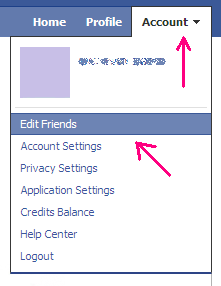Any financial planner will tell you that the best way to face a financial emergency is to be prepared for it by making adequate arrangements to tackle it. Often, creating a contingency fund is the first step in financial planning. But very few adopt such a systematic approach and end up scraping the bottom of the barrel to meet exigencies.
They don't hesitate to even tap expensive sources of funds like credit cards and personal loans, failing to realise the harm such costly source of funds can do to their finances over a period of time. Instead, they can turn to their long-term savings, if any, to tide over the financial emergency. For instance, you can look at liquidating your investments or withdrawing from your provident fund (PF) and public provident fund (PPF). Loans, too, can be availed of against such investments.
PROVIDENT FUND
Being a mandatory form of investment in most organisations, a salaried individual is likely to have some savings in his/her PF account. You can dip into it in times of crises. Donote though that if you make a withdrawal within five years of continuous employment, it will be liable to tax, unless you demonstrate that it is being done to fund the purchase of a house or your daughter's wedding.
A tax free withdrawal is also allowed if you are unemployed due to ill health. This apart, you can also avail of a loan against your PF.
PUBLIC PROVIDENT FUND
Now, PPF is made up of voluntary contribution made by an individual with the objective of building a retirement corpus. Unlike PF, this does not entail any employer contribution. Contributions made to PPF can be claimed as deductions under section 80C, subject to the overall ceiling. On maturity, the proceeds received are tax-free as well, making it the most attractive and popular avenue for retirement planning. Like PF, this can be used during financial emergencies.
For the purpose, the account needs to be at least seven years old. You are allowed to make one withdrawal every year from the seventh year, subject to a formula – roughly 50% of your PPF balance three years prior to the date of withdrawal. Again, you can borrow against your PPF from the third financial year of opening the account.
You are permitted to borrow upto 25% of the balance two years before the withdrawal. Though you can exercise these options in times of desperate need,you need to remember that it is best to create a contingency fund to meet financial exigencies . By withdrawing from the PF and PPF accounts, you stand to lose out on the compounding effect which is essential for your investment to acquire a decent size by the time you retire.
Source: Economic Times & www.investmentkit.com





